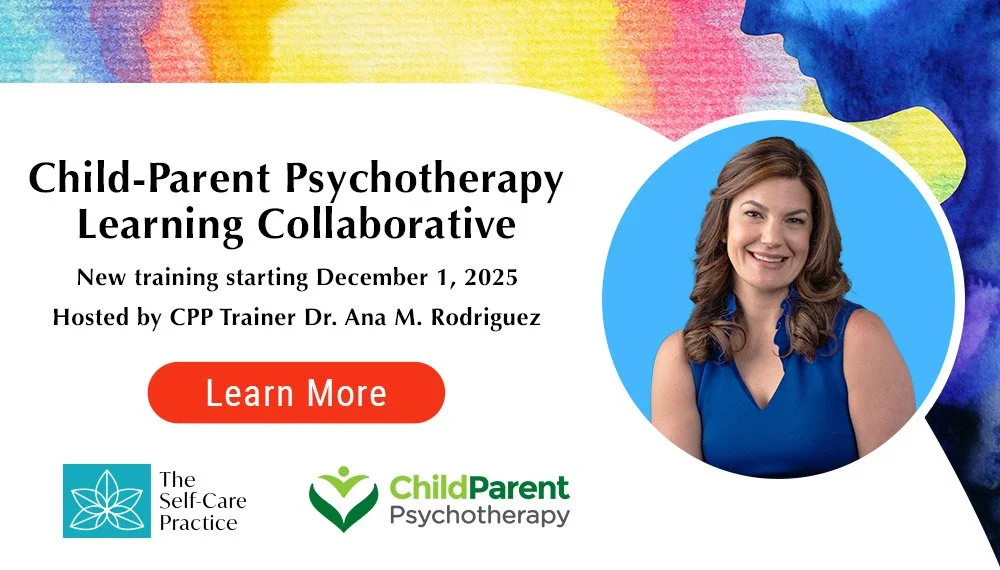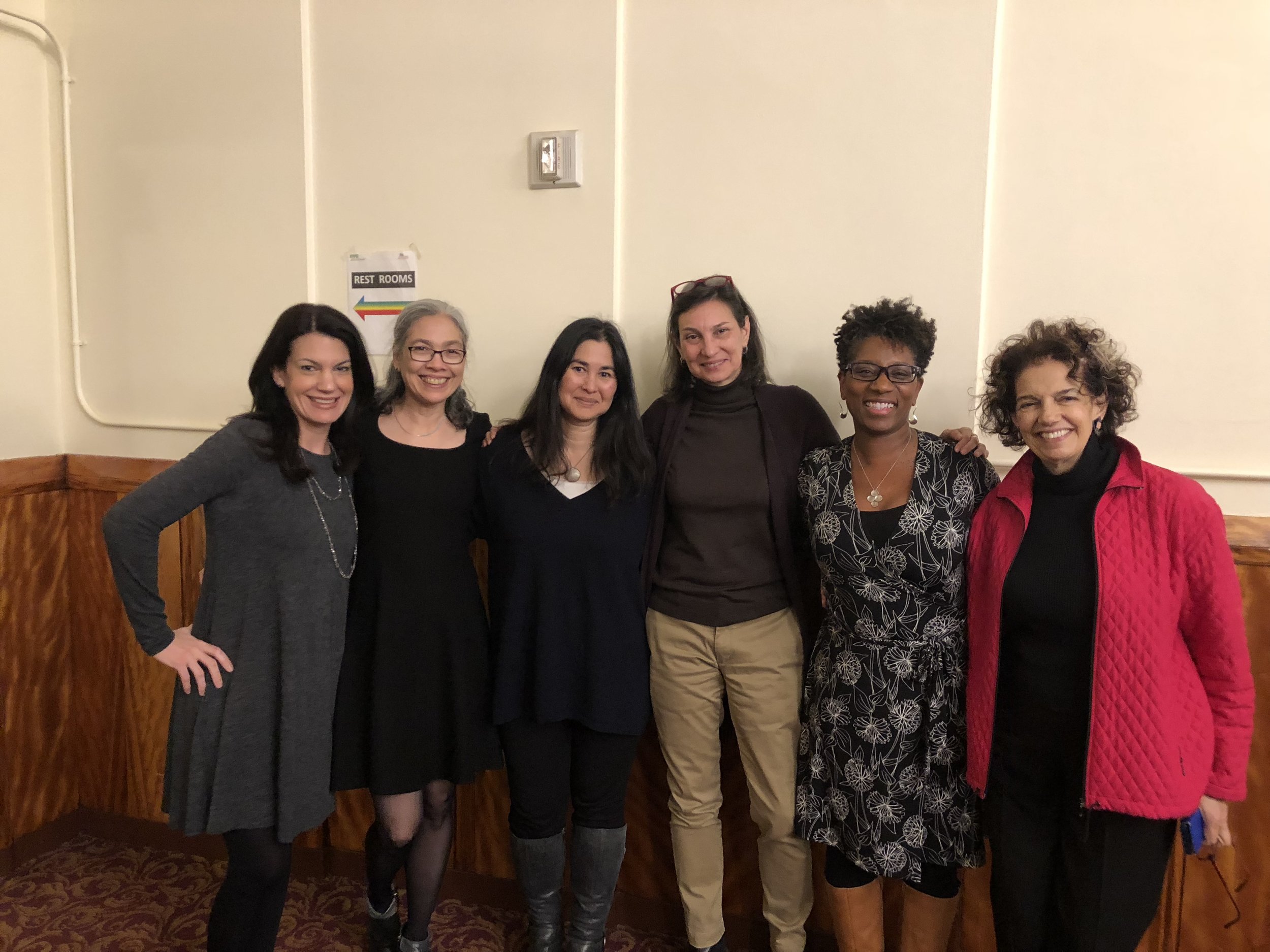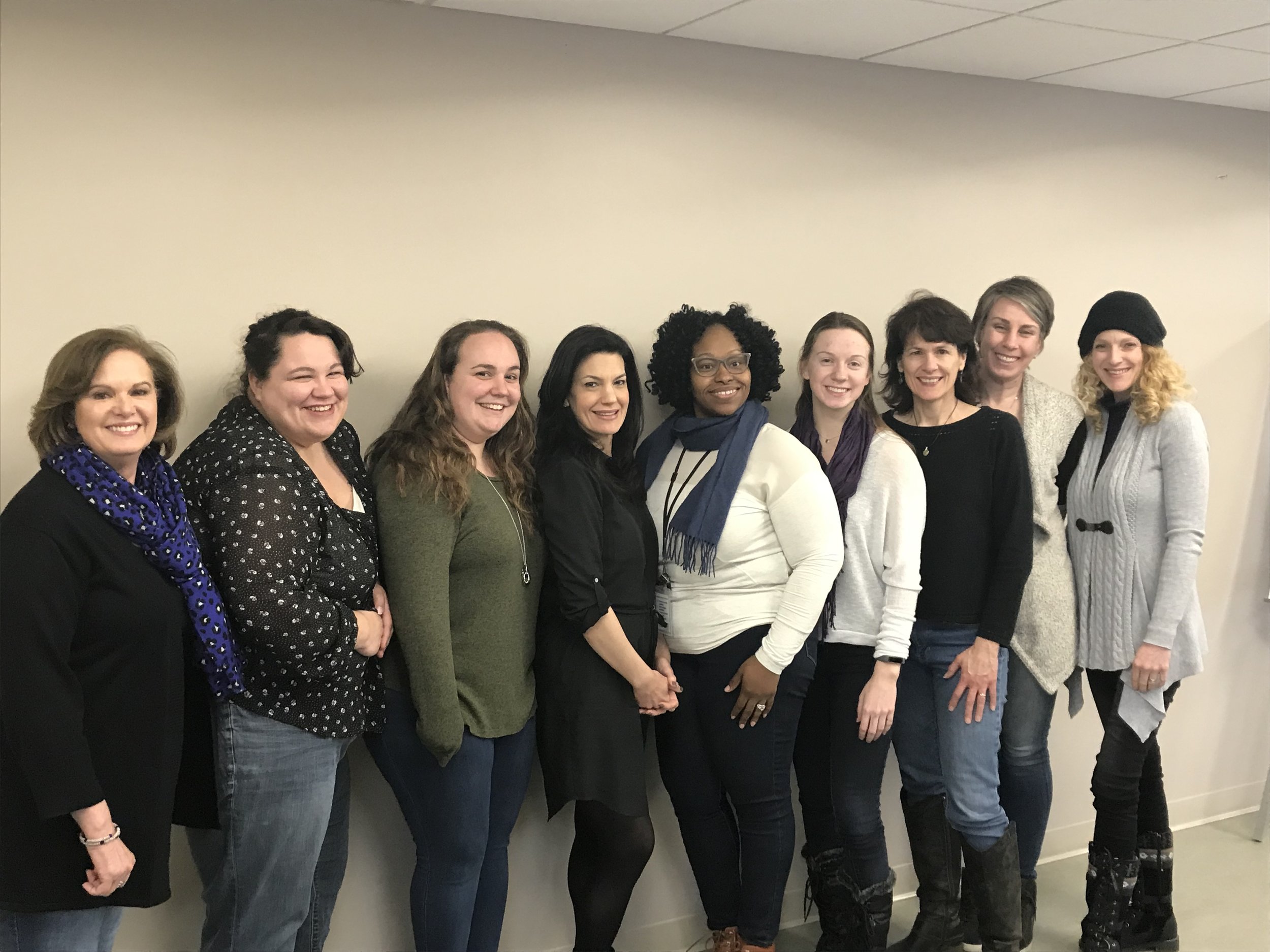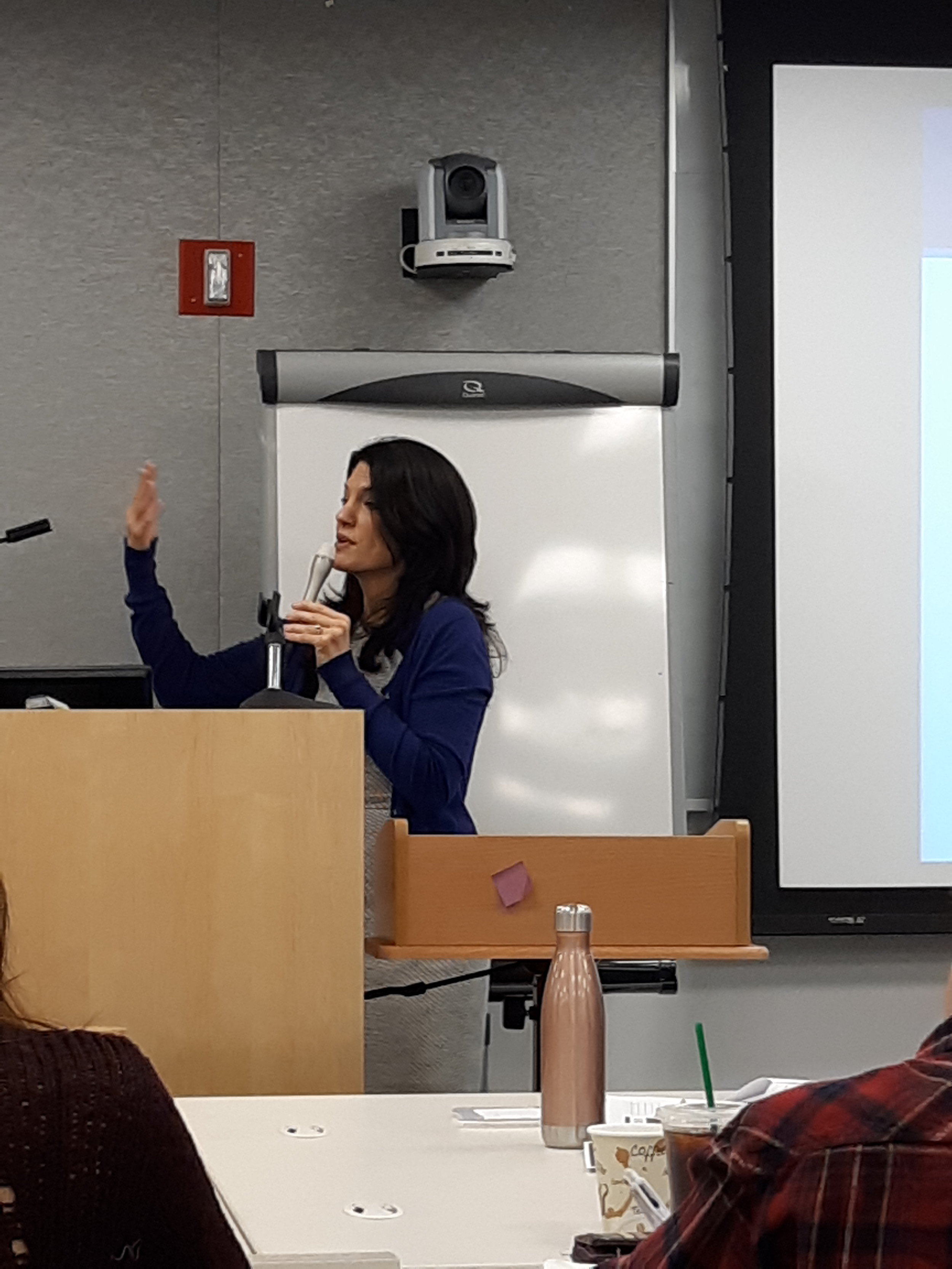Child-Parent Psychotherapy (CPP) Learning Collaboratives
Scheduled Trainings
Dr. Ana M. Rodriguez will be hosting an 18 month Virtual Child-Parent Psychotherapy (CPP) Learning Collaborative open to mental health professionals in New York, New Jersey and Pennsylvania beginning December, 2025. For full details, including cost and eligibility requirements, use the "Download Info Sheet" link. To express interest in joining this training submit a request using the "Request to Join" link. Scroll down to learn more about CPP and CPP Learning Collaboratives.
Dr. Rodriguez also conducts private CPP trainings for teams at mental health agencies. To request a new training for your mental health agency, please use the following “Request a Training” link.















